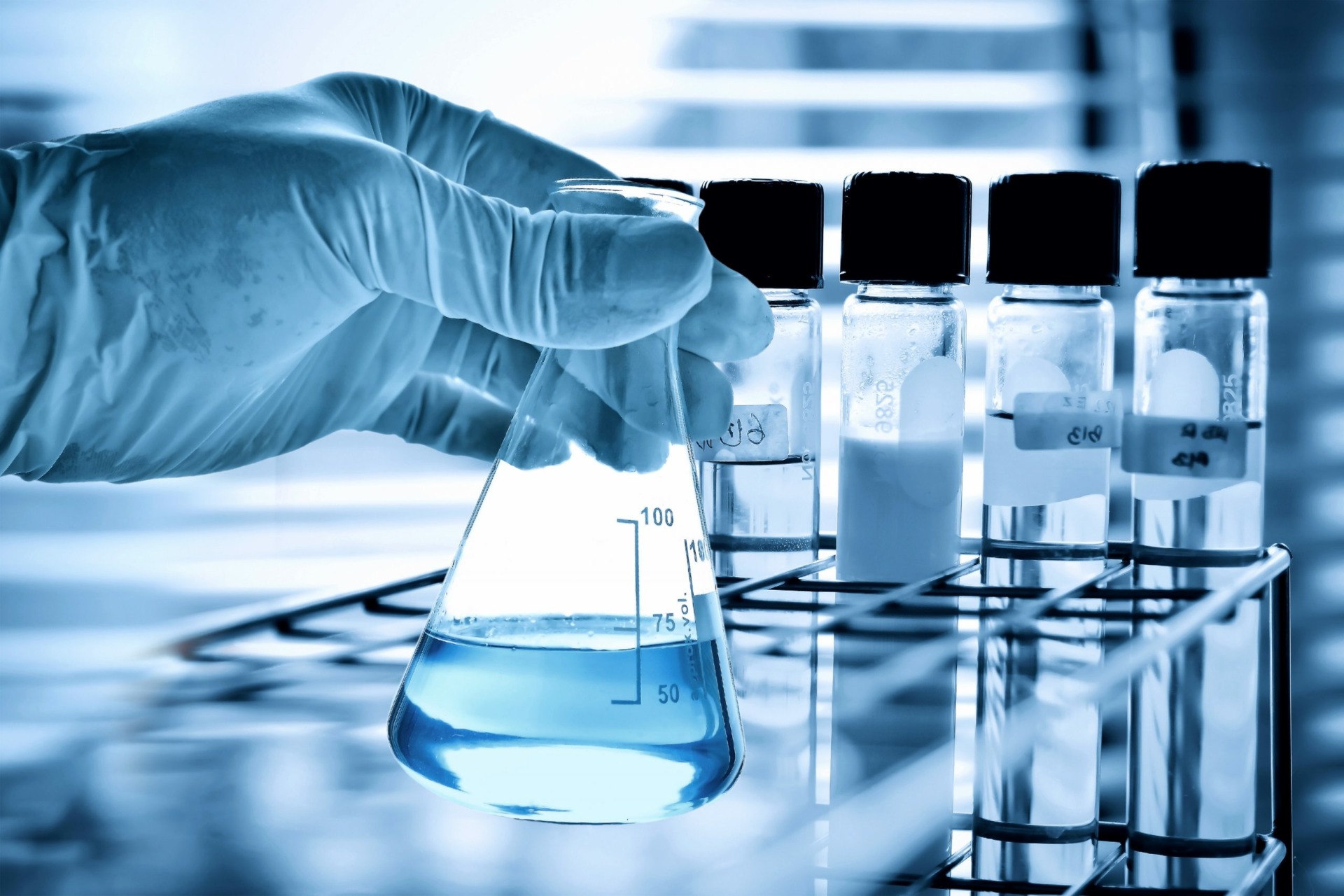Artikel | 25 november 2021
Life Sciences Report November 2021

We have the pleasure of presenting the latest issue of Setterwalls’ Life Sciences report. The report presents our view on selected current issues with respect to life sciences.
We hope you will find the report of interest.
Collaborations between life sciences and IT companies from an intellectual property rights perspective
Digitalisation is to the fore in all sectors, and the life sciences sector is of course no exception. Life sciences products are often found combined with, for example, software and other IT products and services. A life sciences company may have an idea of a product it wants to digitalise and the path to achieve such digitalisation can be established through different means and strategies. Continue reading.
The Swedish National Audit Office is to audit the governing authorities’ supervision of the trade in medicinal products and the pharmacy market
The National Audit Office is part of the parliamentary control, and ensures that the country’s governmental bodies perform their duties efficiently and in accordance with applicable rules. While a financial audit is more or less self-explanatory, a performance audit is intended to assess the efficiency of a governmental body. Continue reading.
Sweden’s requirements for processing health data in the cloud – key takeaways from the recent IMY decision
Processing of health data always involves detailed assessments of how to comply with different personal data requirements. The Swedish Data Protection Authority (IMY) has recently issued a pre-consultation decision of high relevance to the health data sphere. In this article, we will highlight key takeaways from IMY’s decision. Continue reading.
The New MDCG Guidance: What does it mean for software providers?
In October 2021, the Medical Device Coordination Group (“MDCG”) issued a new guidance on classification of medical devices. The MDCG guidance sets out general principles for classification of medical devices under the MDR, but also recommendations with specific regard to medical device software. As a software provider, here are the main things that you need to know. Continue reading.
CTIS – A new single application point for clinical trials in the EU
After 31 January 2022, a new system for filing applications for clinical trials, the Clinical Trials Information System (CTIS), will be open for new applications. The purpose of CTIS is to modernise and streamline the conduct and oversight of clinical trials in the EU. CTIS will gradually replace the previous system, in which sponsors of clinical trials have to file an application for a clinical trial with the competent authorities and ethics committee in each Member State they intend to conduct the trials in. Continue reading.
A reminder of the accountability principle and the need for Data Processing Agreements and Standard Contractual Clauses in clinical trials
Clinical trials by their nature consist of two basic elements: processing of the health data of study participants and the cooperation between the sponsor, most often the CRO, and study sites spread over the world. From a data protection perspective, those elements may be challenging in themselves. Continue reading.
Solving the trade secret dilemma of the technical file submitted under MDR
On 21 May this year, the requirements regarding quality assurance of medical device software became more rigorous when the Medical Device Regulation (2017/745; MDR) entered into force. The conformity assessment procedure under the MDR requires manufacturers of medical device software to establish and share a technical file with the notified body performing the assessment. The file must contain a specification of the technical function of the software. Continue reading.


